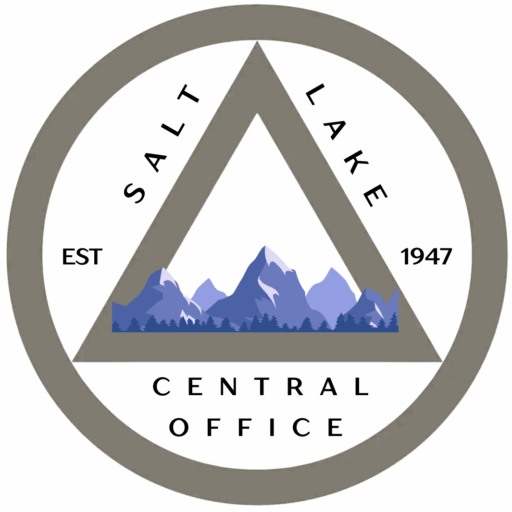“Continued to take personal inventory and when we were wrong promptly admitted it.”
Earlier in my recovery I was told that Steps 10, 11, and 12 where the ‘maintenance steps”. I’ve come to understand that they really are the “acceleration steps”. I fumbled around with 1 through 9 learning how to implement the spiritual principles behind them. Now I get to implement all those principles in all areas of my life always and in all ways.
One of the biggest concepts that I have received from continually taking my inventory and continually practicing the principles of this program to the best of my ability is what it talks about in the 12 x 12. That is the “spiritual axiom that every time we are disturbed, no matter what the cause, there is something wrong with us.” When I first read that I could not comprehend it at all. When I was drinking I was not only the victim of the world, but I knew the entire universe was out to get me! Through working this program and some very good sponsorship I now know that you can’t hurt me, period! That doesn’t mean that I’m not going to be hurt, it just means that when my feelings are hurt I know full well that it’s me doing it to me. Which is good news because if it really was you I would be totally up a creek, no hope whatsoever. I’m not responsible for your actions, what I am responsible for is my reaction to your behavior. That I can do something about.
I used to think that when I got through the 12 steps I would never get angry, upset, fearful or disturbed. What planet would that be? Certainly not this one! What I have discovered is that I no longer get as insane over things. I’ve discovered that I can get angry at something or someone, pause before reacting and deal with the situation in a much calmer, civil manner. I can then look at my anger, discover the underling beliefs that I’m holding onto and heal them. With the help of my Higher Power I can see and therefore experience life differently.
We are such blessed people to have gone through the things we’ve gone through. Not only to say that we’ve survived but that we have found a program, a way of life that really does work. It continues to amaze me that the spiritual principles of these steps have no limits. The only limits they have are the ones I put on them by my unexamined concepts and beliefs. This step gives me another tool to look at every concept or belief that I still have that stands in the way of my usefulness to God and my fellows.
I remember when I first saw the 12 Steps of recovery. They were the most foreign sounding concepts I had ever heard. Today they are a way of life that brings me the joy, peace and happiness that I wanted from the very beginning. That’s what I wanted the alcohol and drugs to do for me, and at times they did bring a certain amount of happiness and joy. But it was always fleeting and shallow. What I have today is an unshakable foundation for life.
~ The New Yorker Group
48 W Market St , Salt Lake City
Fridays 6:40am
